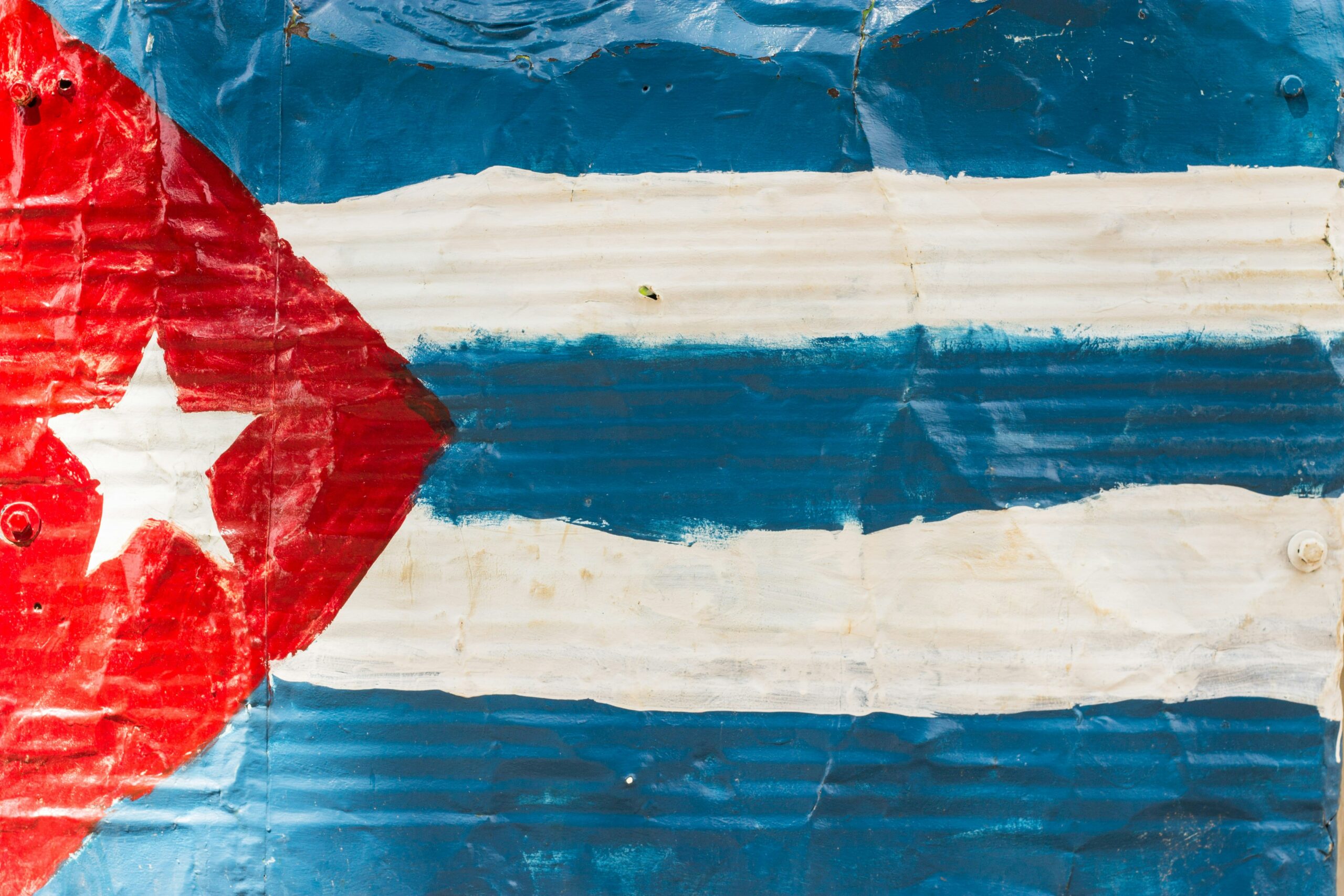
Introduction
The US government has taken a firm stance against Brazil’s involvement in Cuba’s overseas medical missions, revoking visas and imposing restrictions on several Brazilian health officials. This move underscores Washington’s criticism of what it terms as ‘coercive labor practices’ associated with Cuba’s international healthcare services.
Key Facts
- The United States has revoked visas for Brazilian health officials linked to the Mais Medicos program.
- Officials named include Mozart Julio Tabosa Sales and Alberto Kleiman from the Brazilian Ministry of Health.
- US Secretary of State Marco Rubio cited the sanctions as a response to the ‘coercive labor export scheme’ benefiting the Cuban regime financially.
- Additional sanctions and visa restrictions were also placed on officials from African and Caribbean nations, including Grenada.
Background
The controversy centers around Cuba’s long-standing practice of sending medical professionals abroad, a program that has been both praised for providing essential medical services to underserved areas and criticized for alleged exploitative practices. Cuba’s government asserts that these missions are voluntary and crucial to their economy, heavily reliant on the export of medical services.
Since its inception in 2013, Brazil’s Mais Medicos program has been a focal point of international scrutiny and internal political debate. The program initially aimed to address the shortage of medical professionals in rural and underserved regions of Brazil. However, it has faced criticism, especially from the US, regarding the terms under which Cuban doctors were employed.
Official Reactions
The Cuban government has denounced the US actions as a cynical attempt to undermine its medical missions, which are a significant source of foreign currency. Johana Tablada, Cuba’s deputy director of US affairs, stated that despite the sanctions, Cuba’s ‘medical cooperation will continue.’ In contrast, Brazilian Health Minister Alexandre Padilha has vowed not to succumb to what he describes as ‘unreasonable attacks’ on the program.
Broader Implications
This development is part of a broader pattern of escalating tensions between the US and nations involved with Cuba’s medical missions. The Trump administration has notably intensified efforts to economically isolate Cuba, resuming the ‘maximum pressure’ campaign and targeting various sectors including healthcare.
The sanctions against Brazilian officials also come amid a heated diplomatic row over other issues, including the ongoing legal proceedings against former Brazilian President Jair Bolsonaro. These complex interactions highlight the intricate web of diplomatic, economic, and humanitarian considerations that define US-Latin American relations today.
What’s Next
The international community is closely watching the repercussions of these sanctions on Cuba’s medical diplomacy and the broader geopolitical dynamics in the region. Further reactions from international bodies and other governments involved in hiring Cuban medical staff are anticipated as they assess the impact of US policy shifts on their healthcare systems and diplomatic relations.


